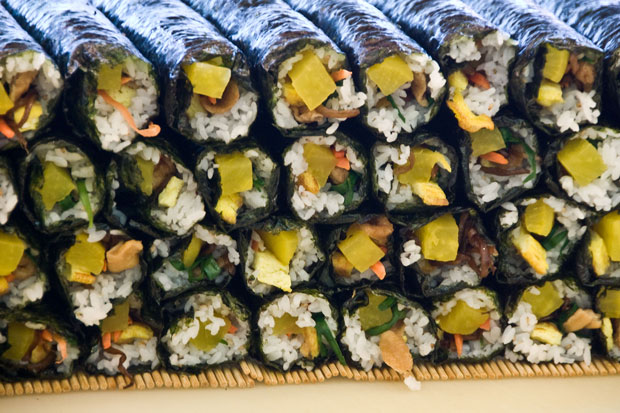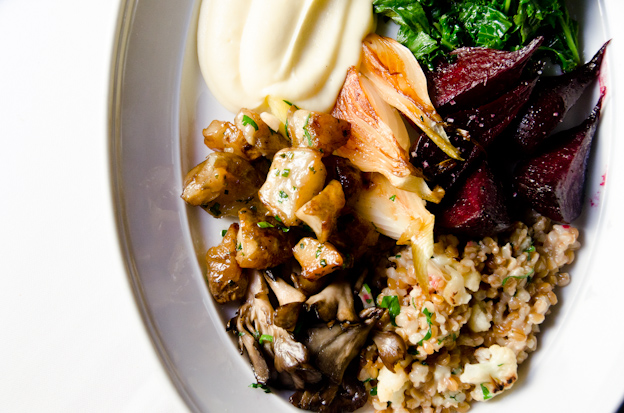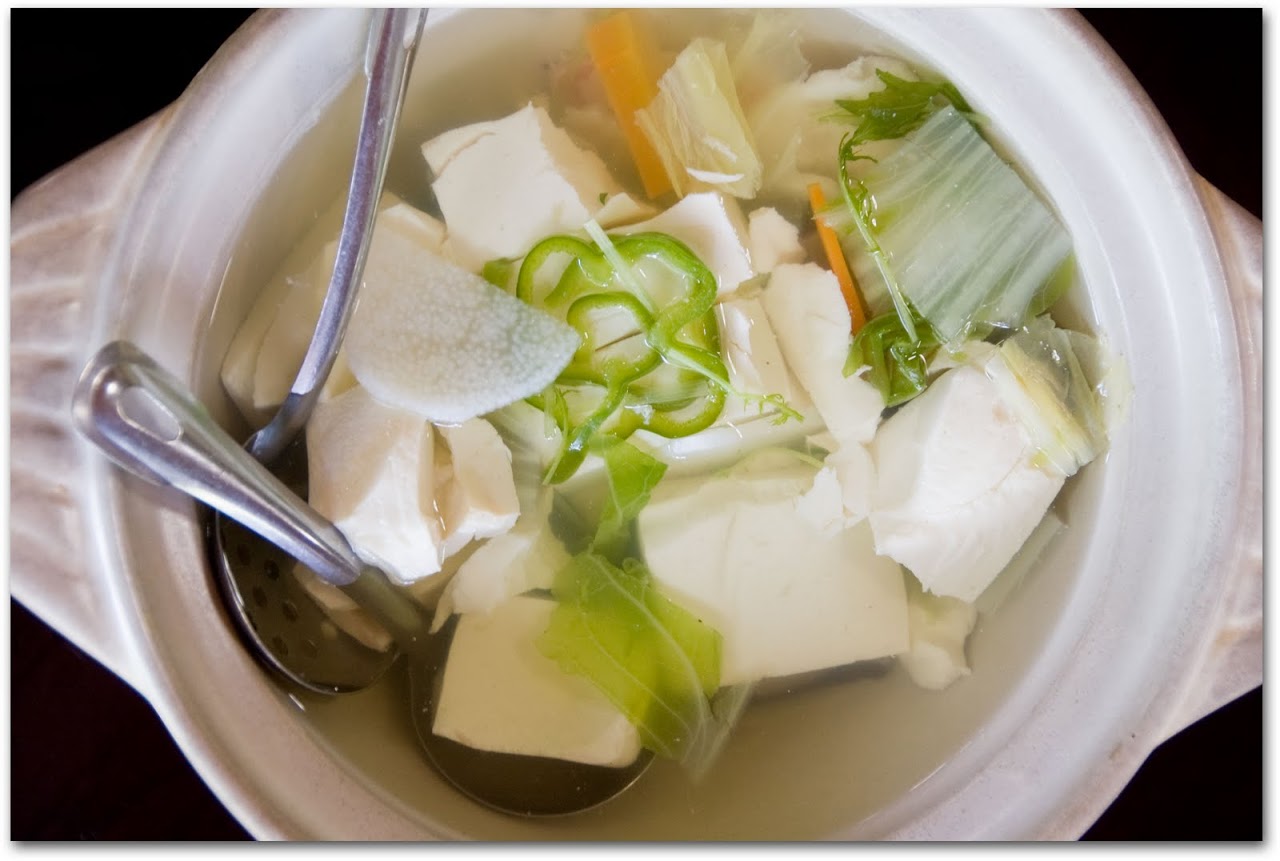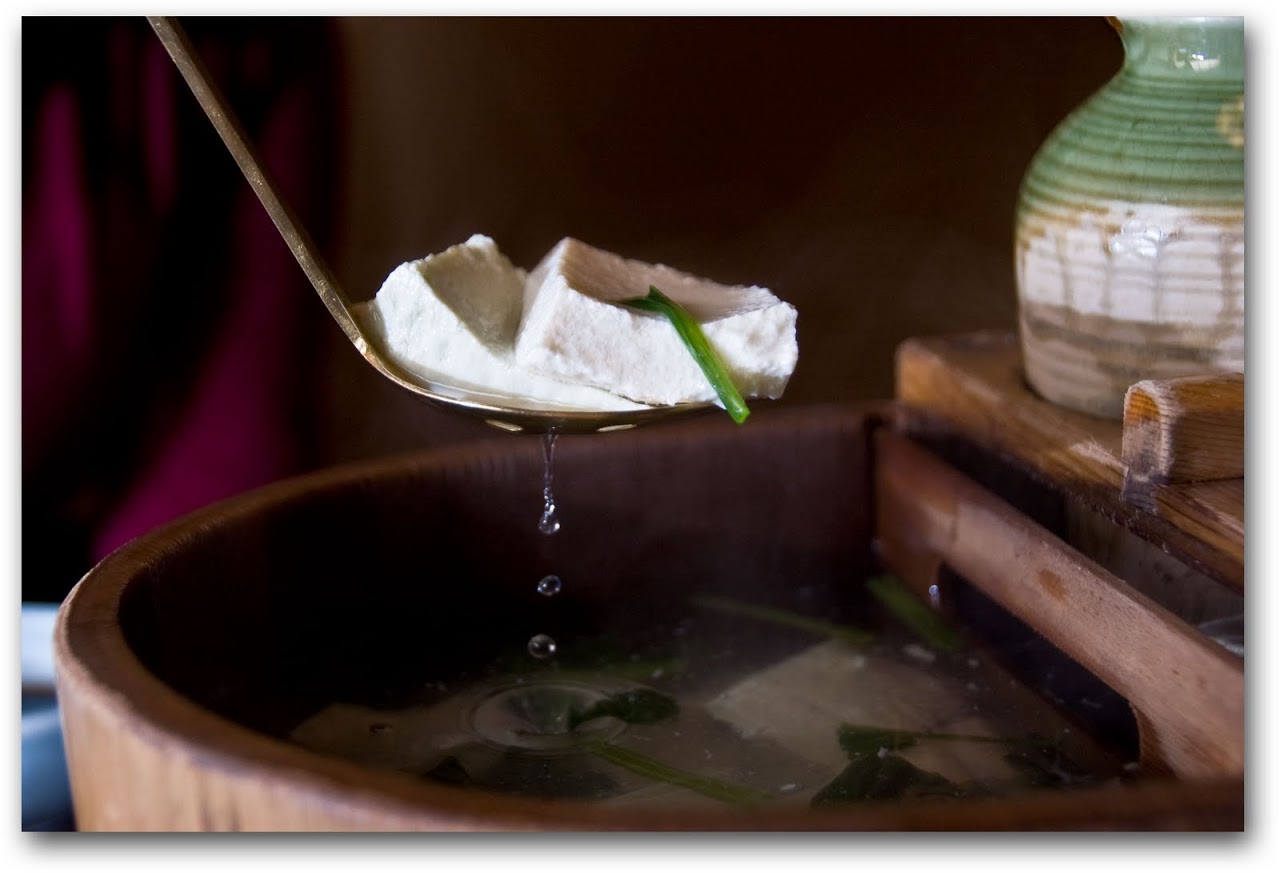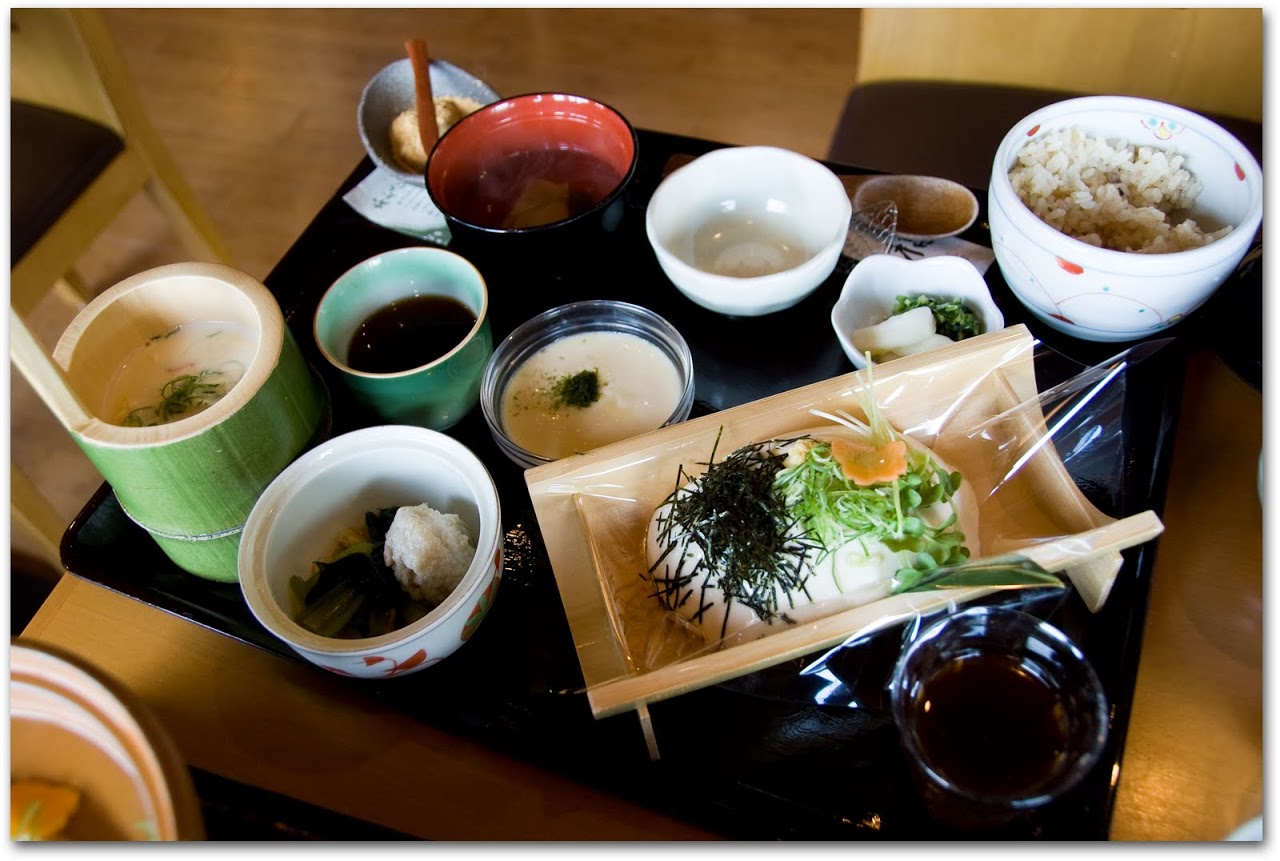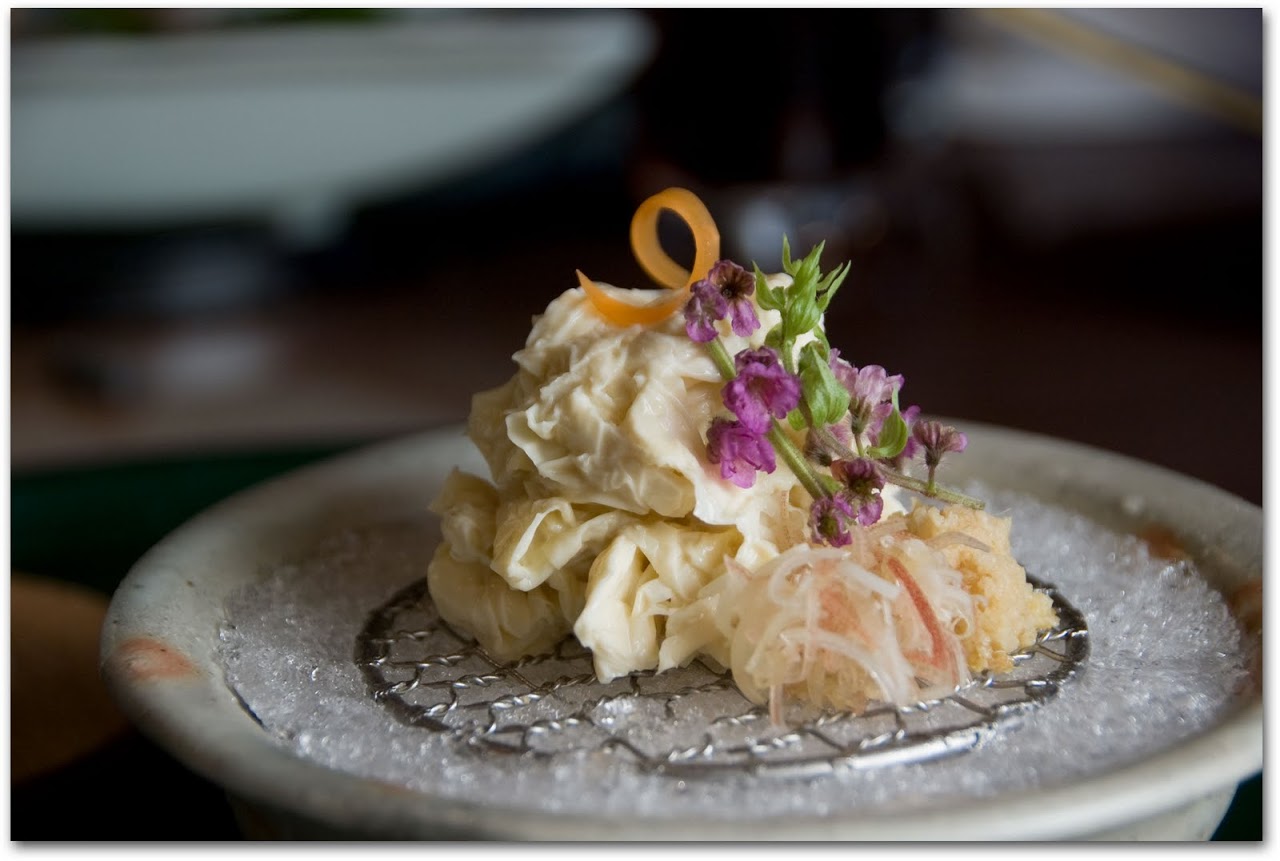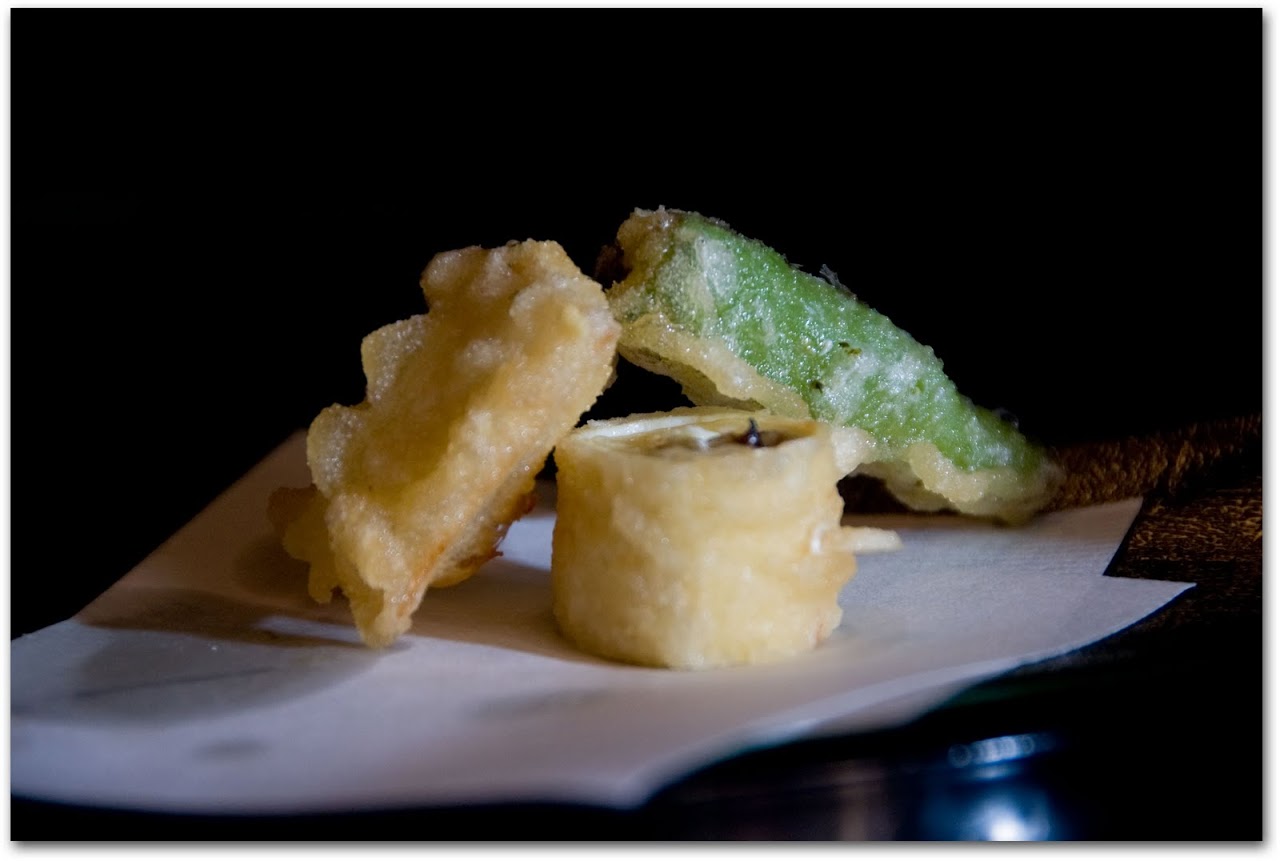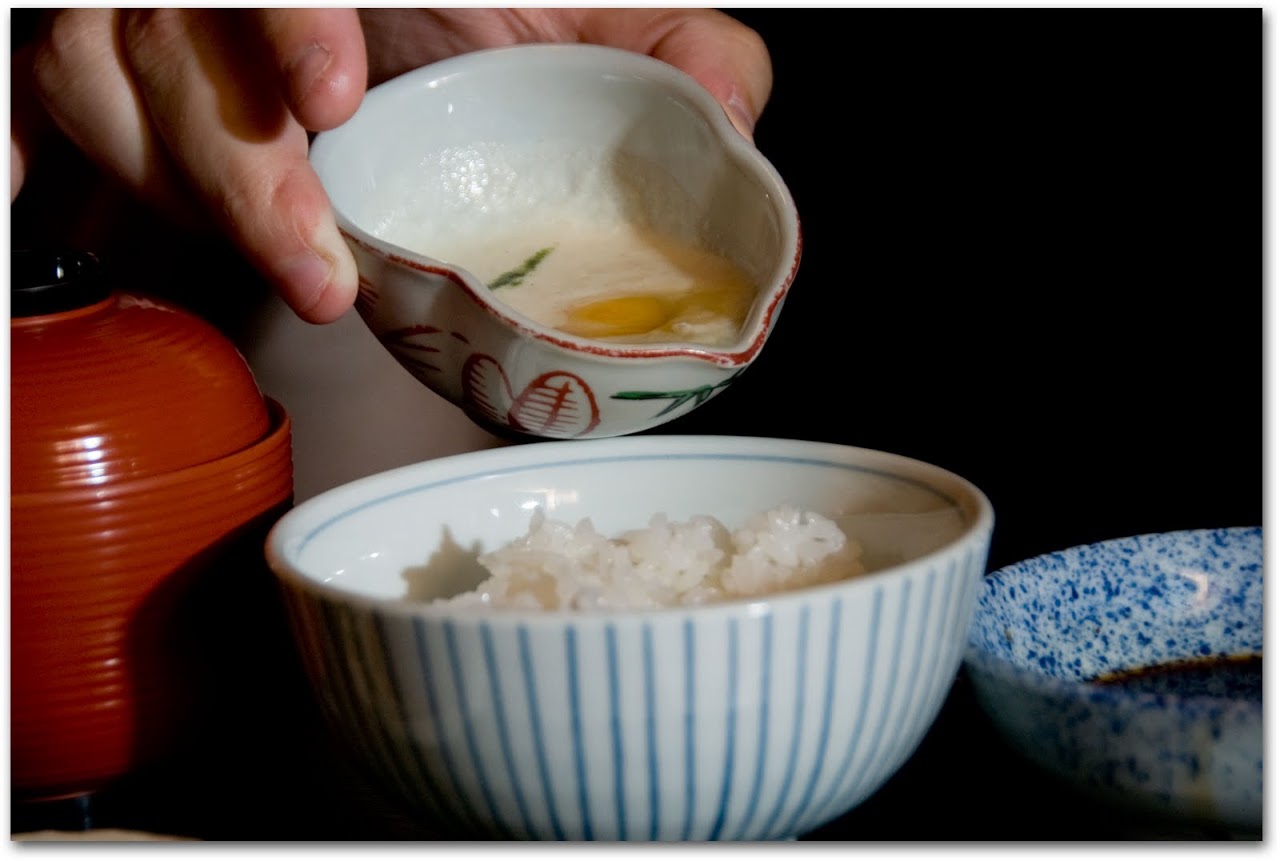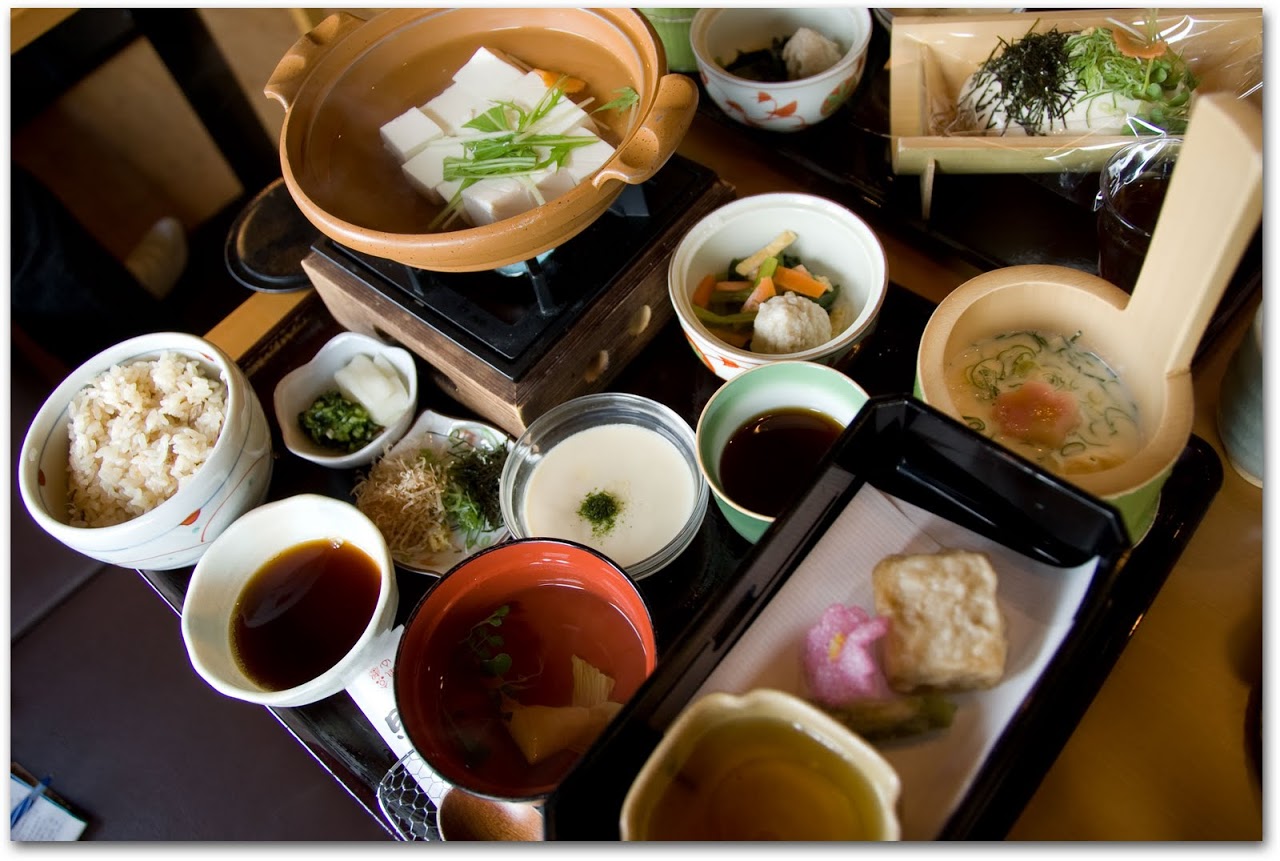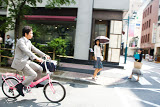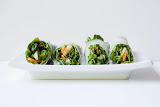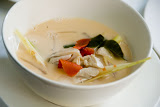Boiled tofu at the Ryoanji temple, Kyoto
It is a sad truth that when Americans think of tofu, we think of a bland spongy material tossed into dishes as a lame substitute for those who avoid flesh. Patrick, a proud flesh eater, has always considered tofu pointless. "It tastes like nothing," he would complain when I threw it into Thai curries to add a bit of protein. And, though I am a vegetarian, I rarely used tofu as a meat substitute unless the dish specifically called for tofu.
Boiled tofu at Tousuiro, Kyoto
But, now, we are proud tofu converts. Here, in Kyoto, tofu is an art form, consumed in nearly every meal, with or without meat products, by itself or with accompaniments. The flavor of the tofu rivets us, sustains us, and makes us demand more. And, like Bubba who listed all of the ways to eat shrimp to an unsuspecting Forrest, these are the many ways we have eaten tofu in this fair city:
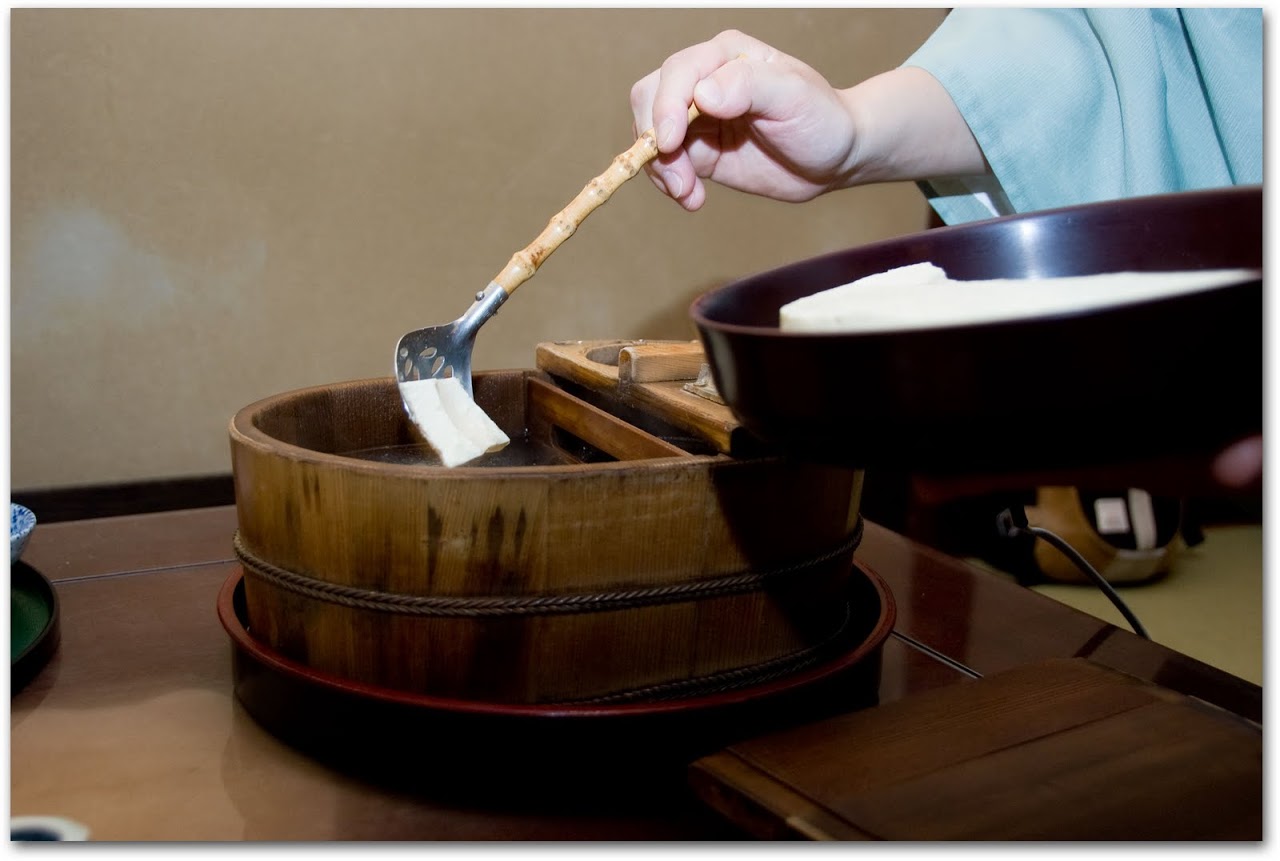
|
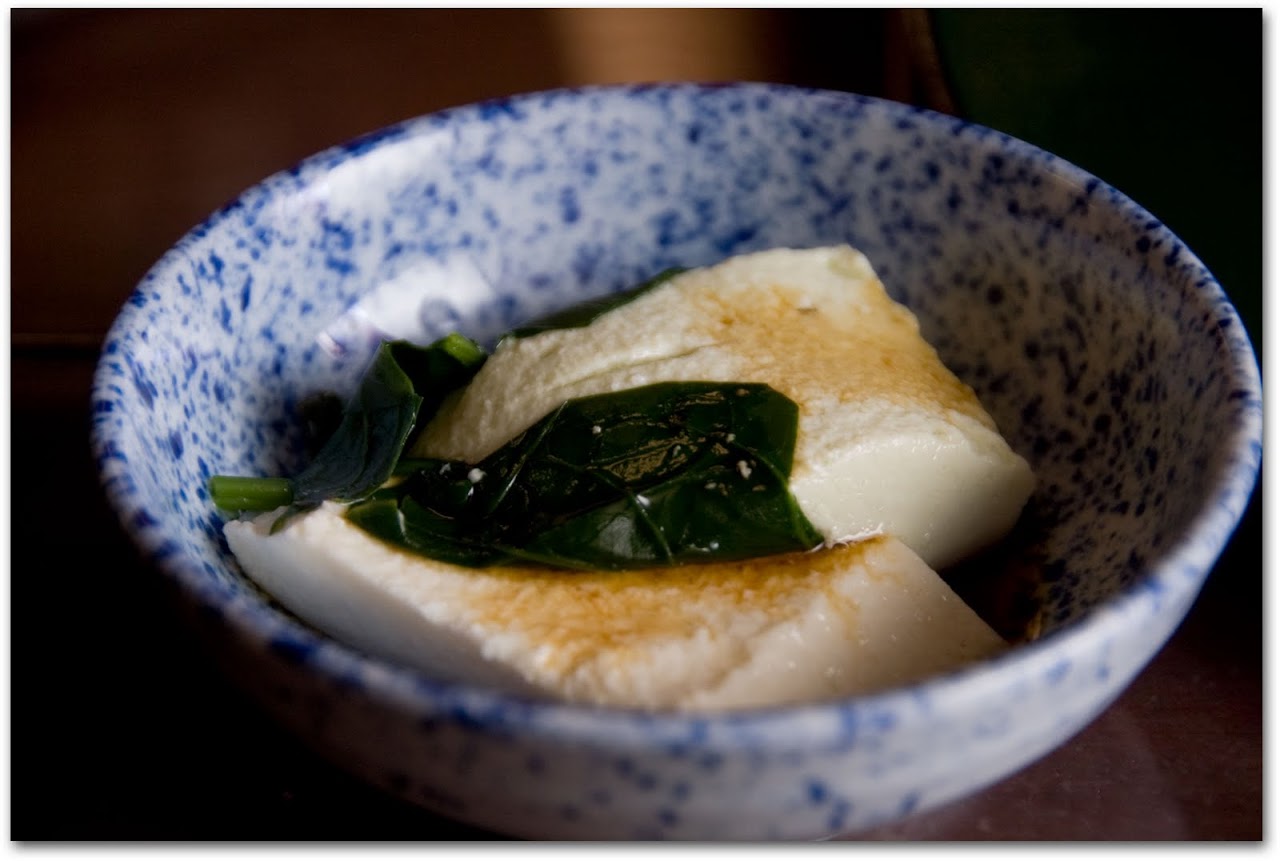
|
Boiled with soy sauce: This simple preparation is my new favorite way to eat tofu. I know that you are shaking your head and thinking that my tastebuds have disappeared, but the fresh tofu turns soft and silky in the pot of water without losing its medium consistency and structure. When I place a piece in my mouth, the tofu melts into a pool of smooth liquid. The flavor is creamy and slightly sweet with the contrasting hit of the salty soy sauce.
Cold tofu with variety of other tofu dishes at Arashiyama restaurant, Kyoto
Cold with nori : The cold tofu is typically a soft/silken tofu, refrigerated and served simply with shredded nori, vegetables, and soy sauce. Unlike the boiled tofu that slides down the throat, the cold tofu reminded us of a refrigerated savory pudding with the flavor of mascarpone cheese.
Cold yuba at Tousuiro, Kyoto
Yuba : We had never heard the word "yuba" before we reached Japan but soon discovered this delicacy in Kyoto. Goodness, were we missing out. Yuba is made by boiling soy milk until a skin forms on top of the milk, removing the skin, layering the skin on a pan, and continuing the process until thick layers of skin are fomed in the pan. The end result has the flavor of excellent creamy tofu but with the consistency of wide noodles.
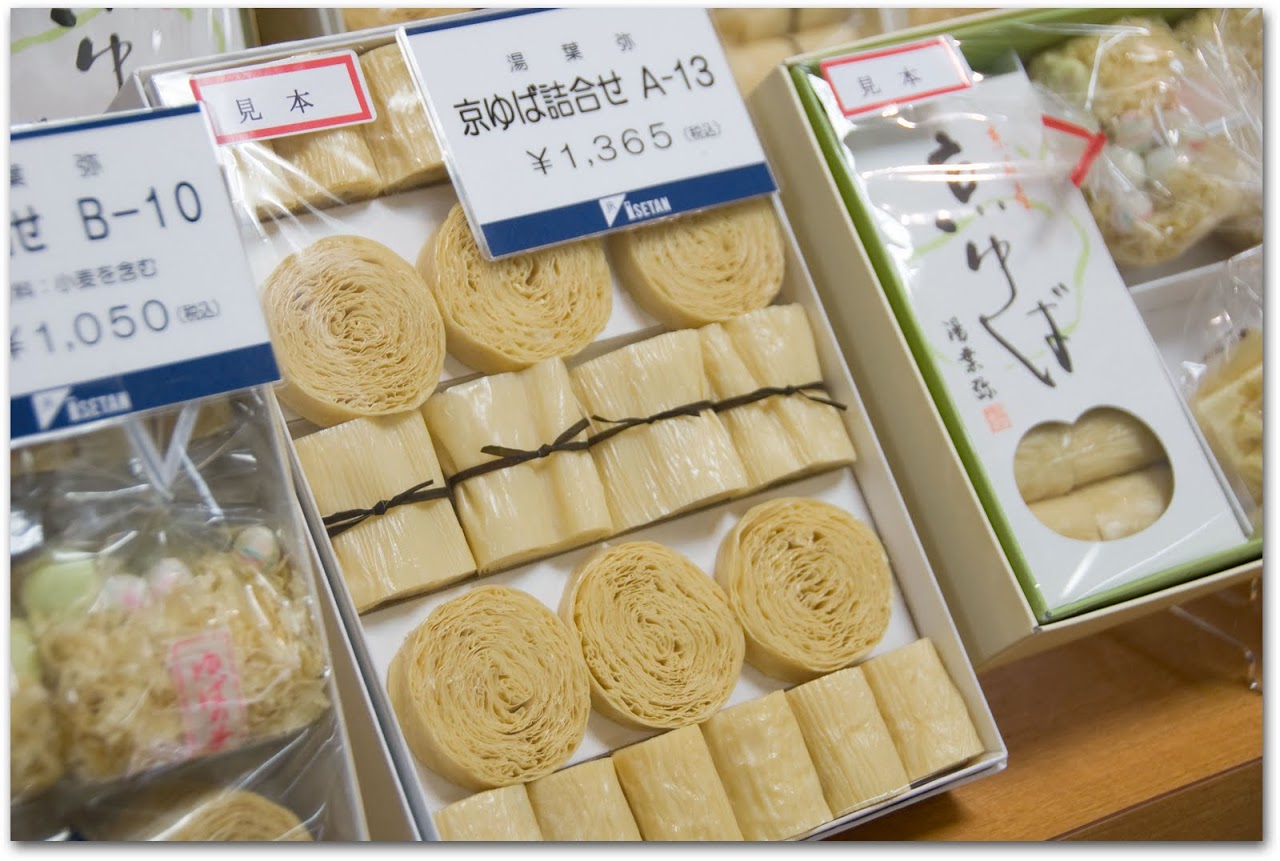
|
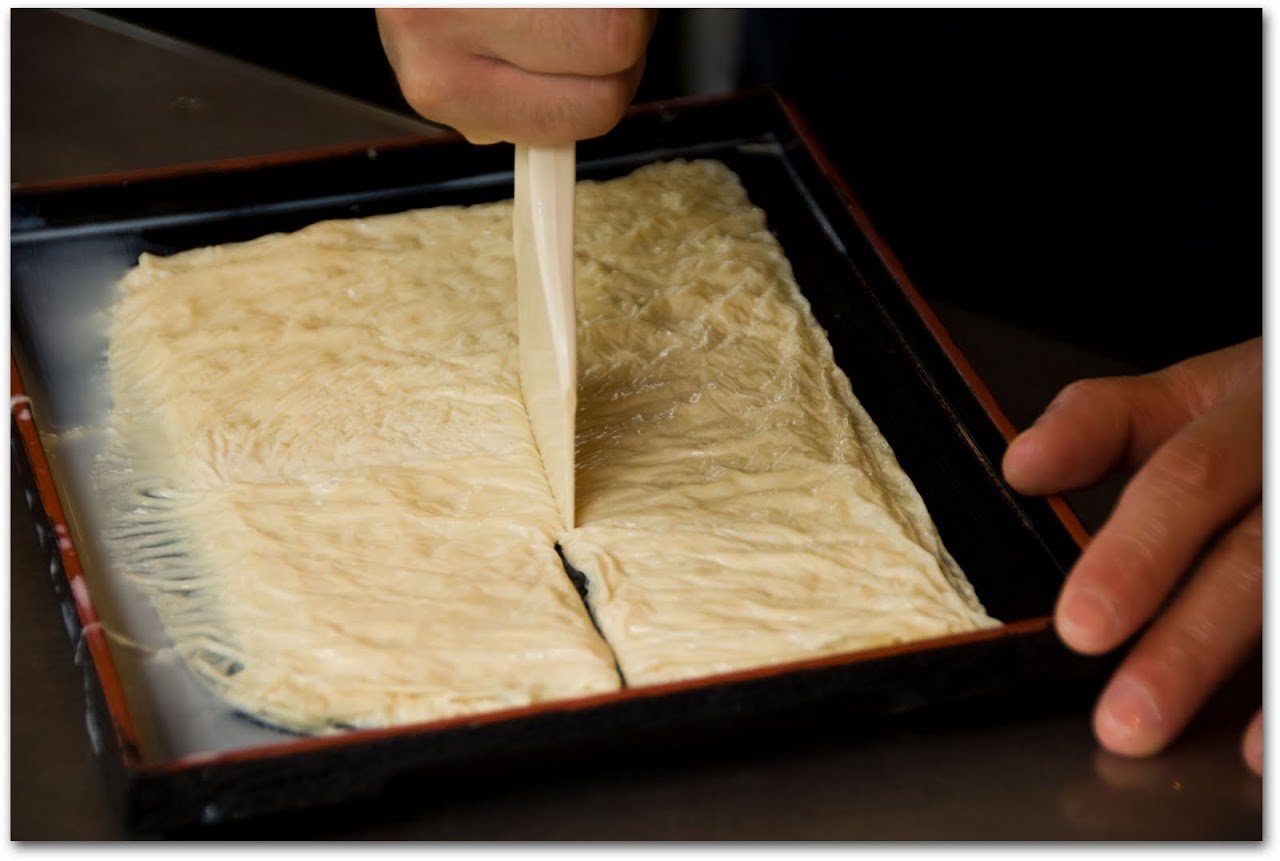
|
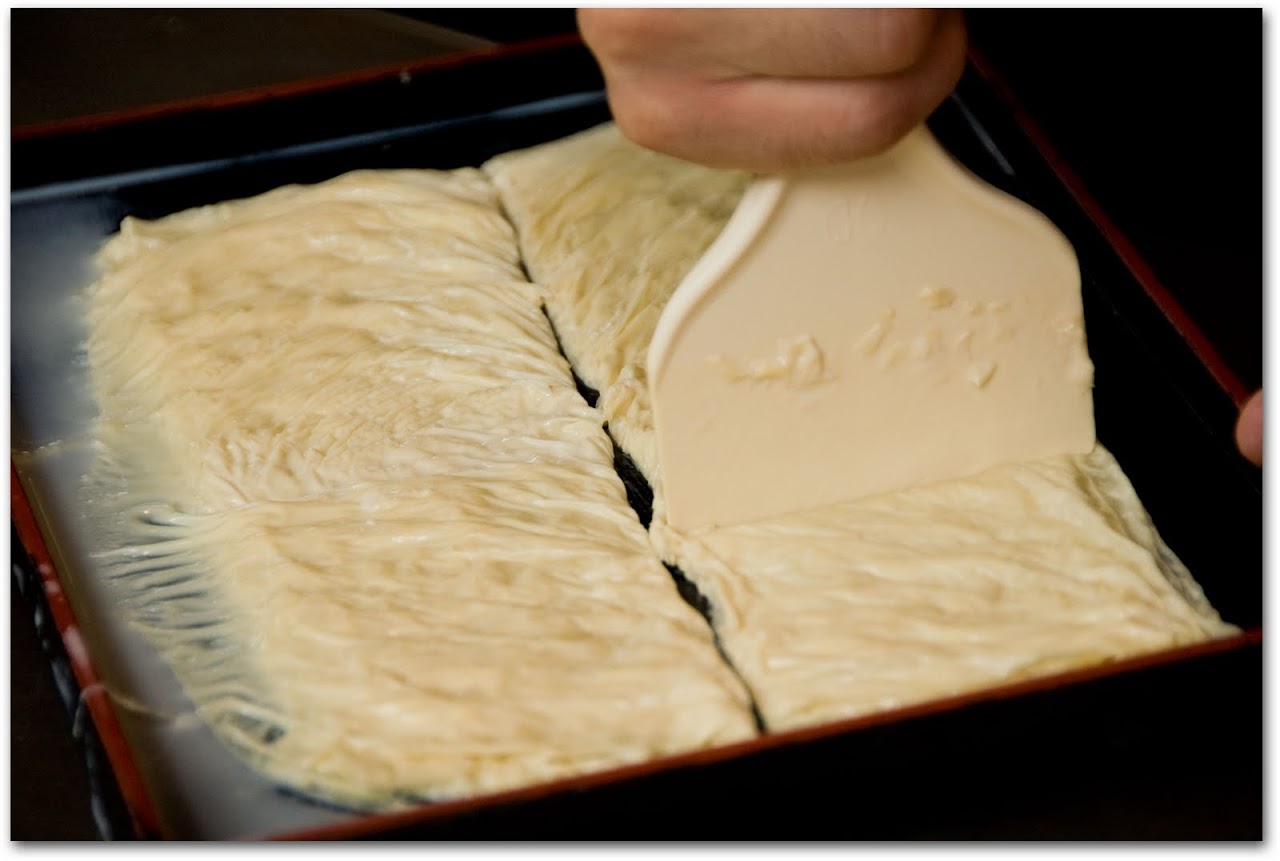
|
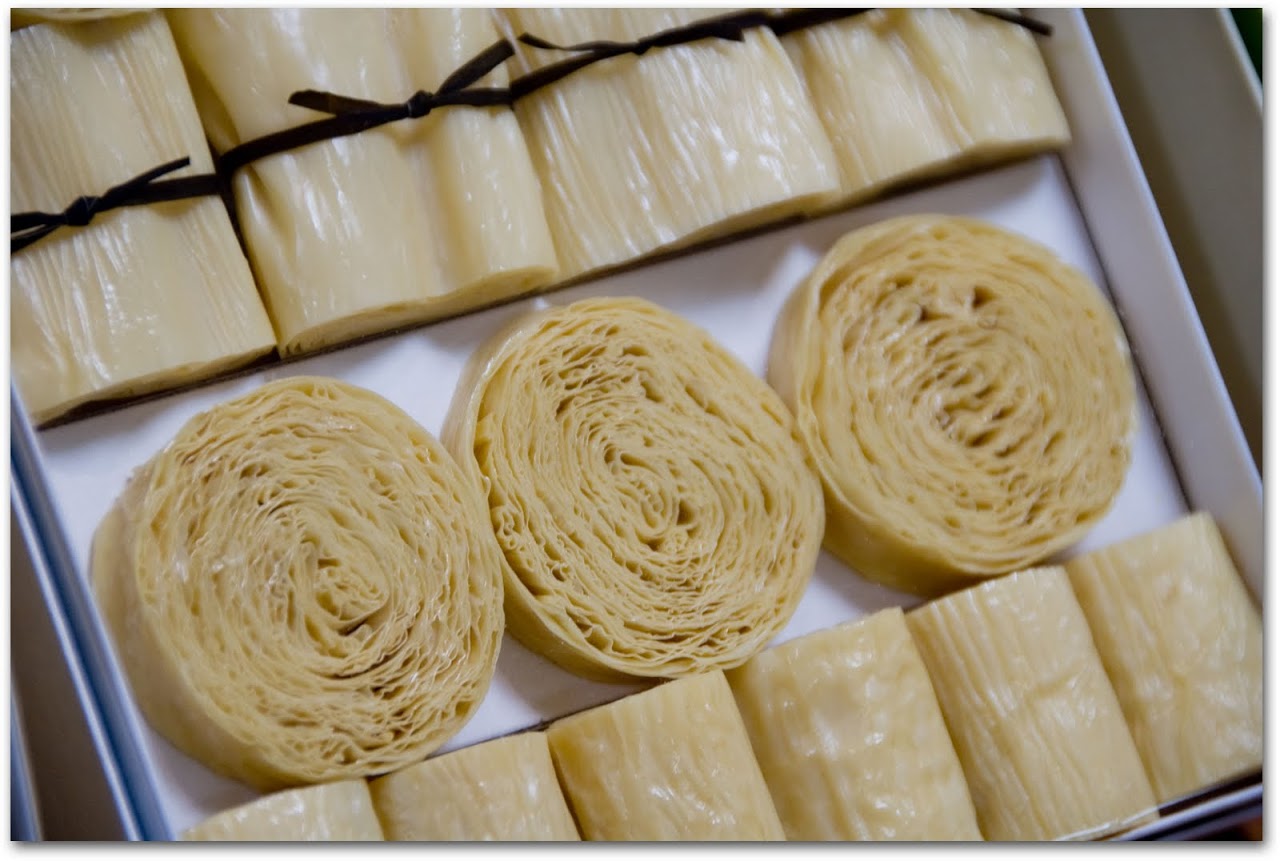
|
Yuba being made and sold in packages
Though yuba is not technically tofu because tofu is made by adding coagulants to soy milk, yuba is often called "tofu skin" in restaurants. We have tried yuba cold with slivers of onions, yuba in soy milk, fried yuba, and yuba in soups. In every form, it is downright delicious. Yuba makers, you need to open up shops in the United States.
Tempura plain tofu, edamame tofu, and tofu in spring roll wrapper
Tempura: When lightly battered and fried, the firm tofu takes on a crusty exterior and tender interior, almost like lightly fried mozzarella.
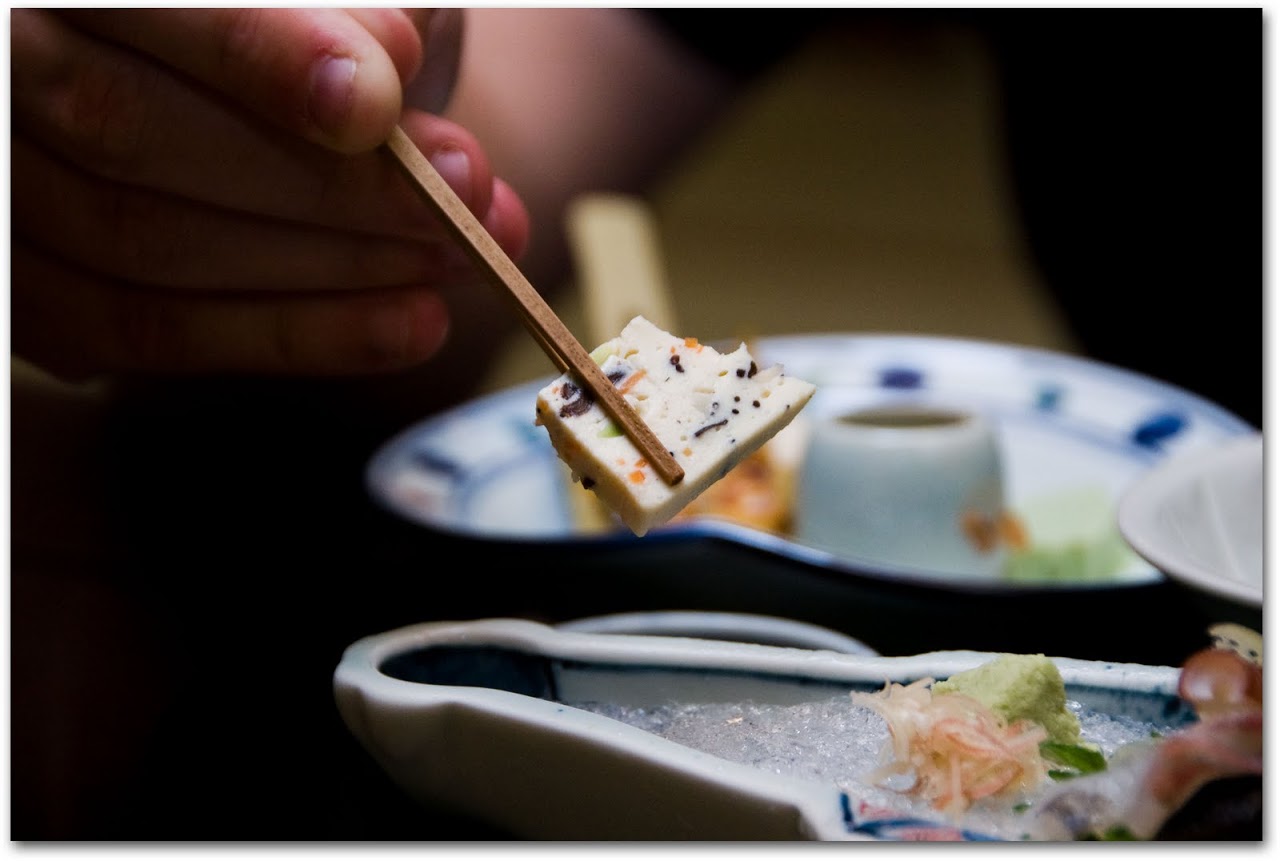
|
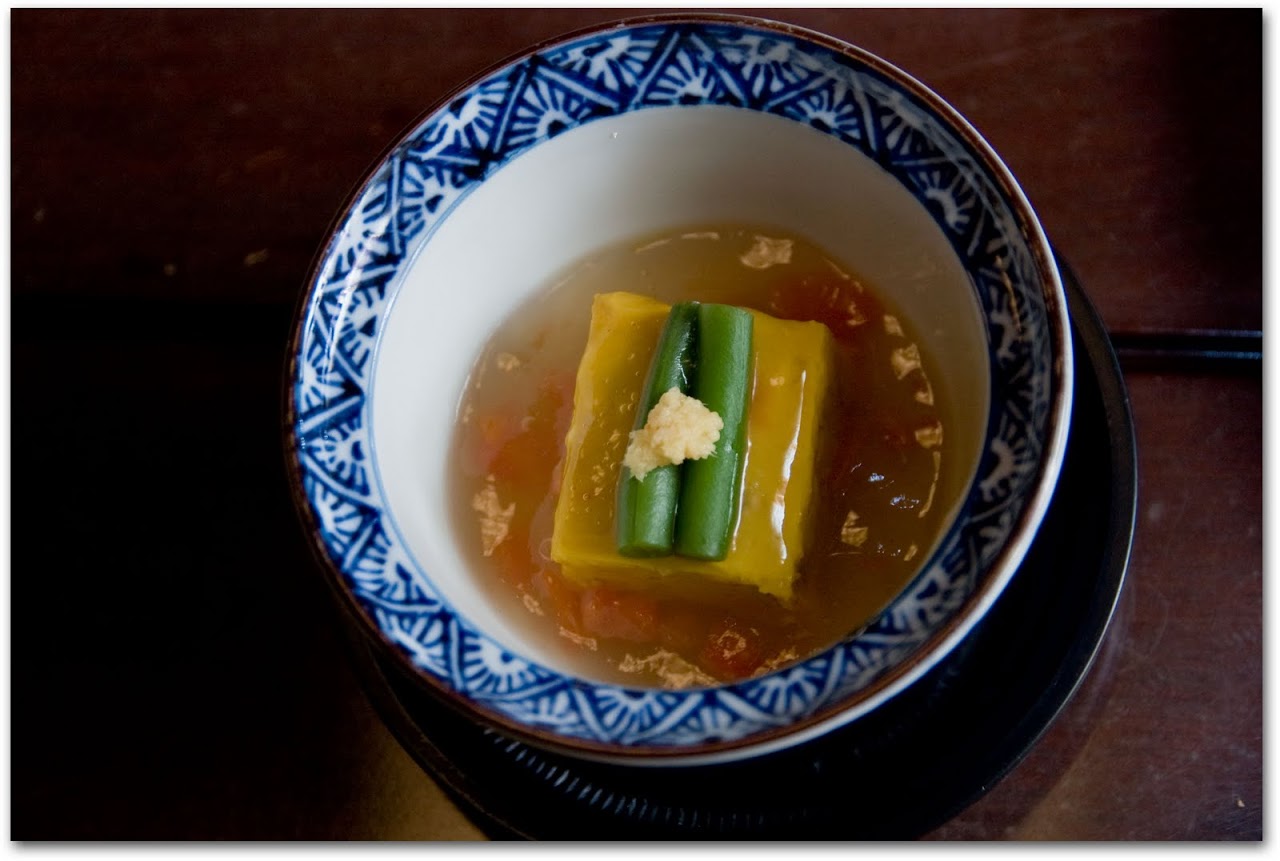
|
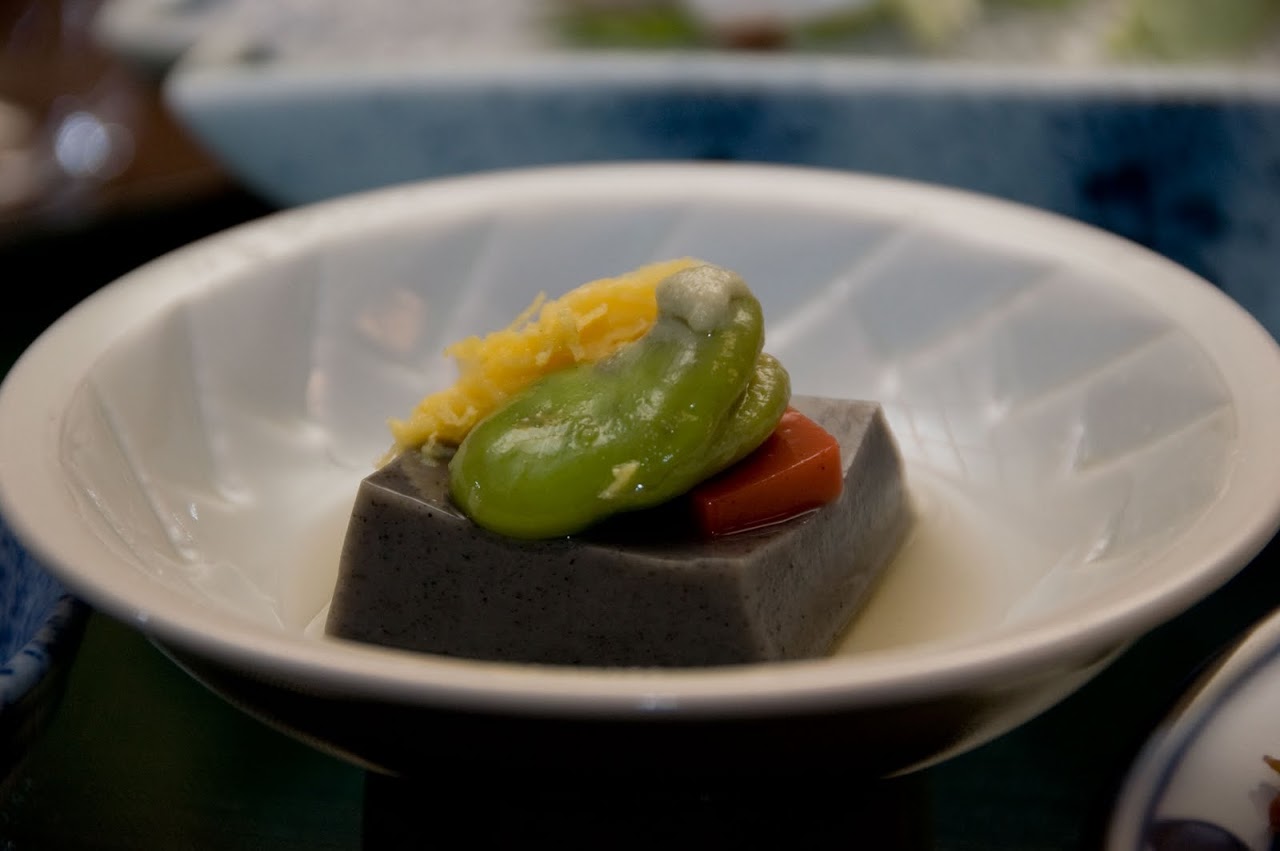
|

|
Flavored: As far as we can tell, Japanese chefs will flavor tofu with pretty much anything. We've had vegetable flecked tofu that reminded us of spicy vegetable cream cheese, a silky pumpkin tofu that made us long for Thanksgiving pies, and a gelatinous, earthy black bean tofu.
Mixed with rice
Mixed with rice and egg: Though not a common dish, we have been offered creamy tofu with a raw egg to pour into hot rice. The heat from the rice cooks the egg and the tofu, creating the consistency of a rice pudding.

|

|
Baked: Firm tofu is stuck through with sticks, seasoned with a sauce, and then baked or grilled. This crispy, flavorful preparation may be topped with miso paste, soy sauce, cheese, or custard sauces. We have found this dish in most izakayas , Japanese neighborhood pub/restaurants that serve small plates of food, and it has quickly become one of our favorite ways to eat tofu.
So, where should you go to eat tofu in Kyoto?
Nonomiya set lunch at Arashiyama tofu restaurant
Tofu restaurants. It is impossible to walk down a Kyoto street without finding at least one tofu restaurant. Lunch set meals run around 1800-2400 Y (approximately $20-28 USD) and dinner averages 3000-4000 Y (about $33-45 USD). Tousuiro , in Gion, made the best tofu we have tried in all of Japan. Most of the set menu included meat products but the waitress helped me create a smaller vegetarian menu.
The beautiful Arashiyama neighborhood is filled with tofu and yuba restaurants. We stopped in at a tofu restaurant directly opposite the Tenryuji Temple. The restaurant provided an excellent value with a variety of tofu dishes at a reasonable 1800 Y per meal in a bright and airy space.
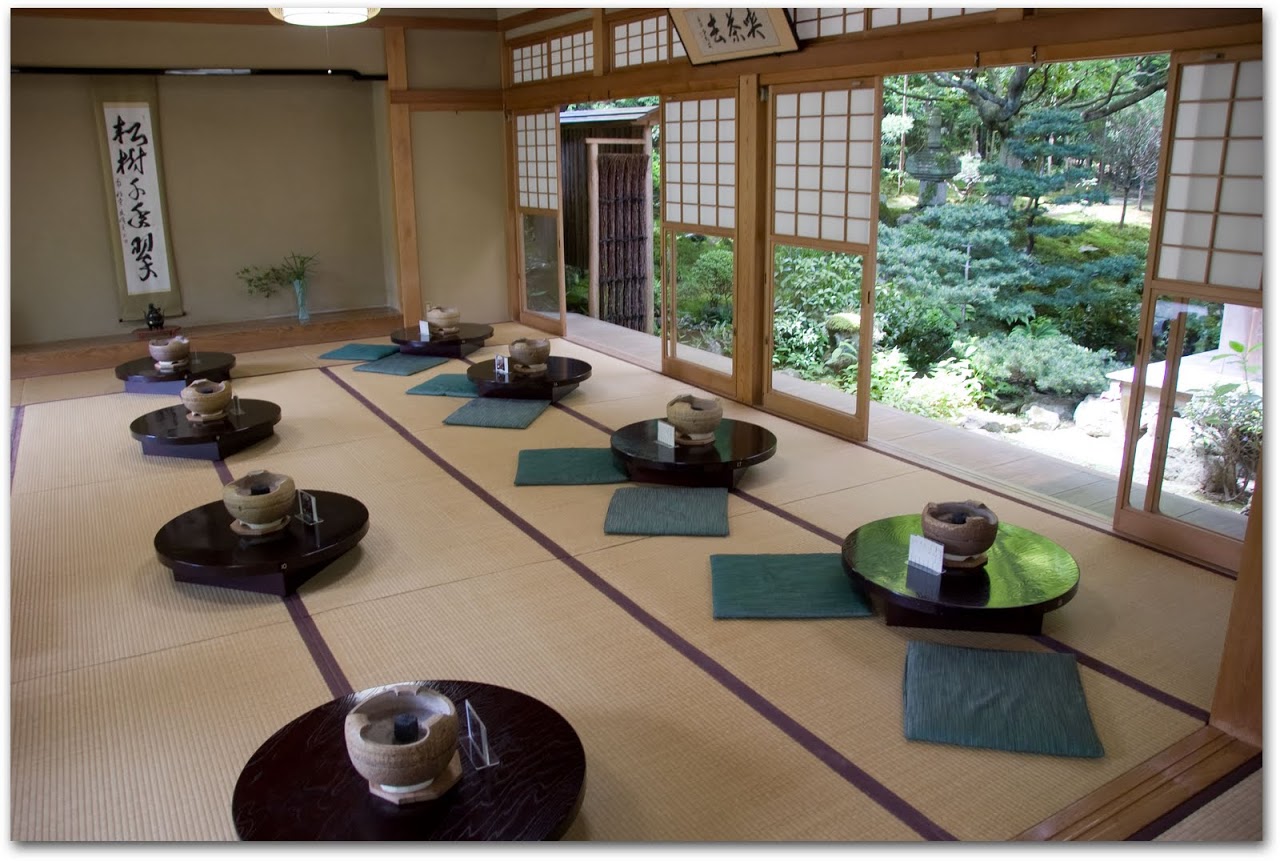
|
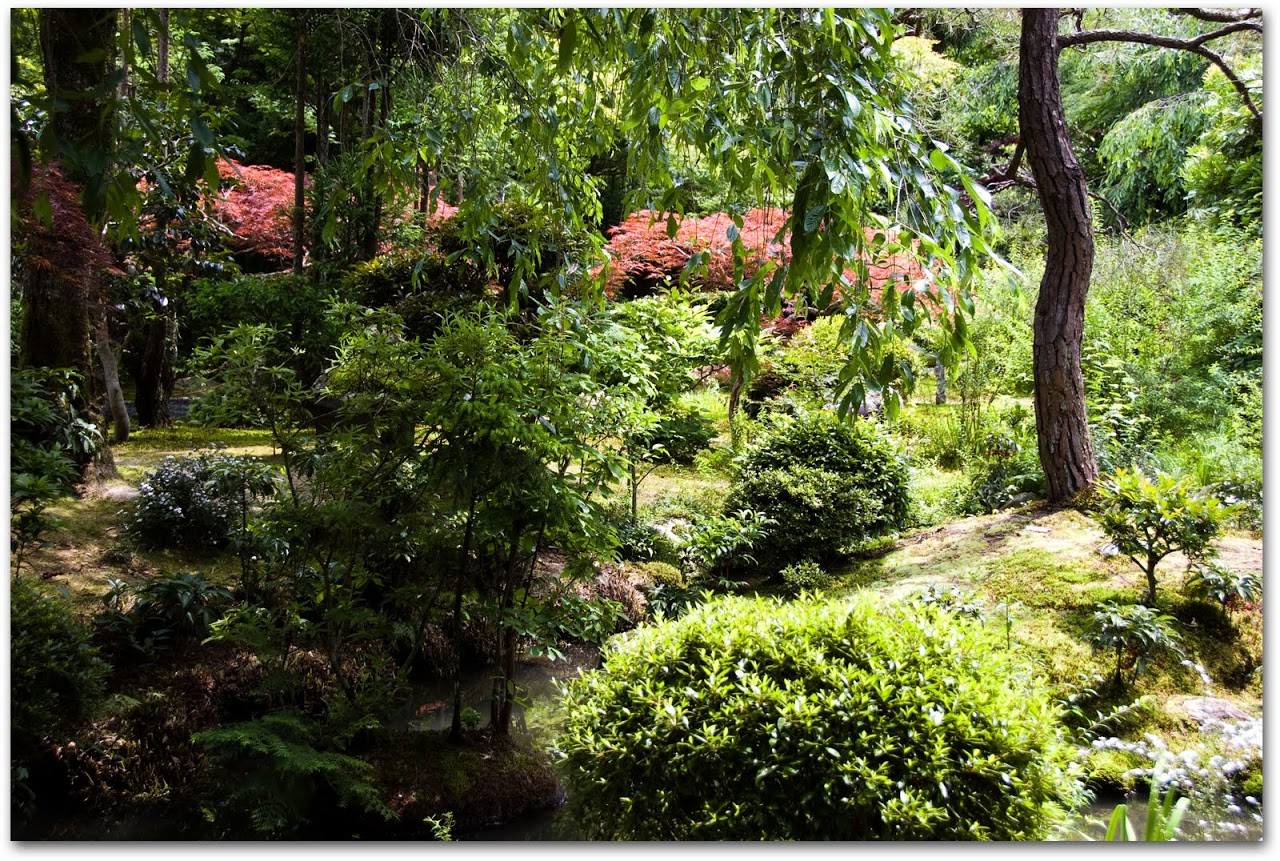
|
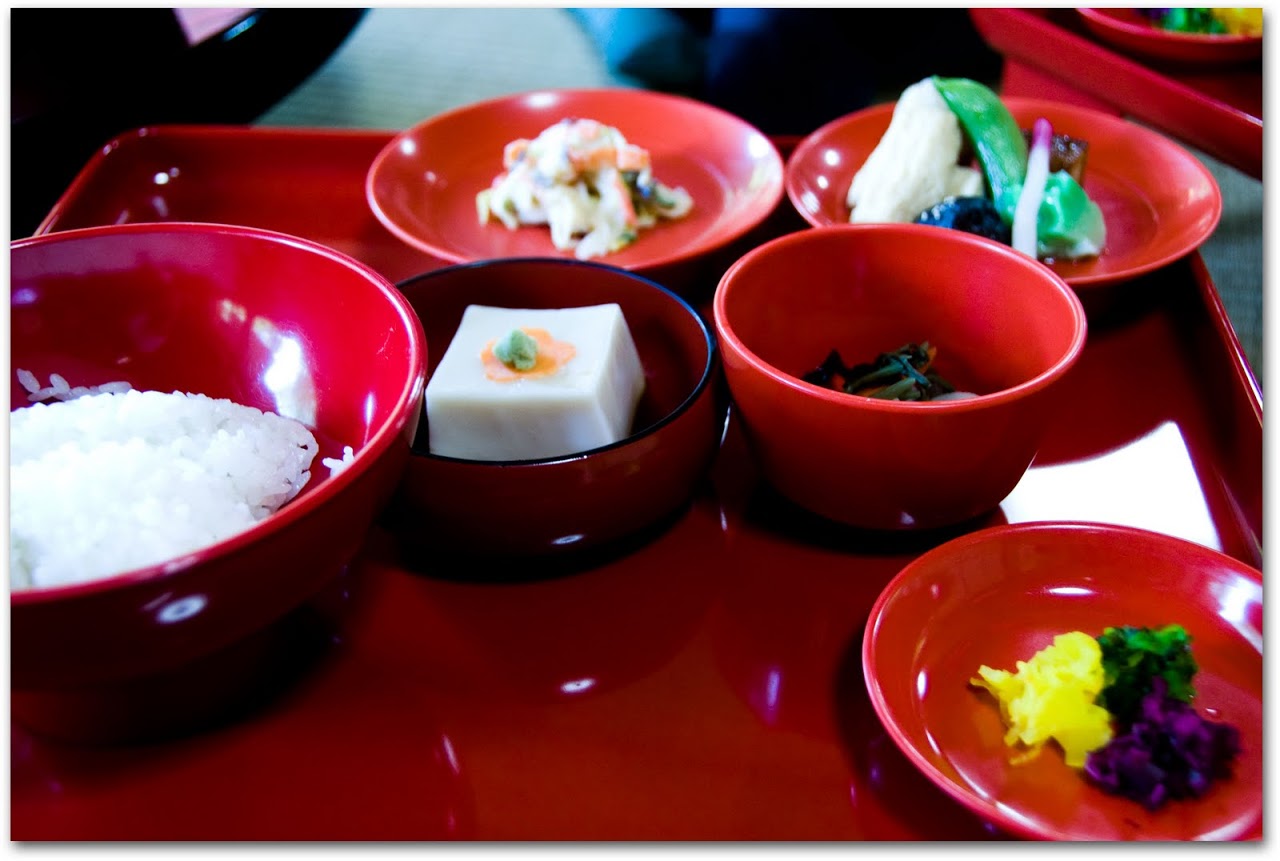
|
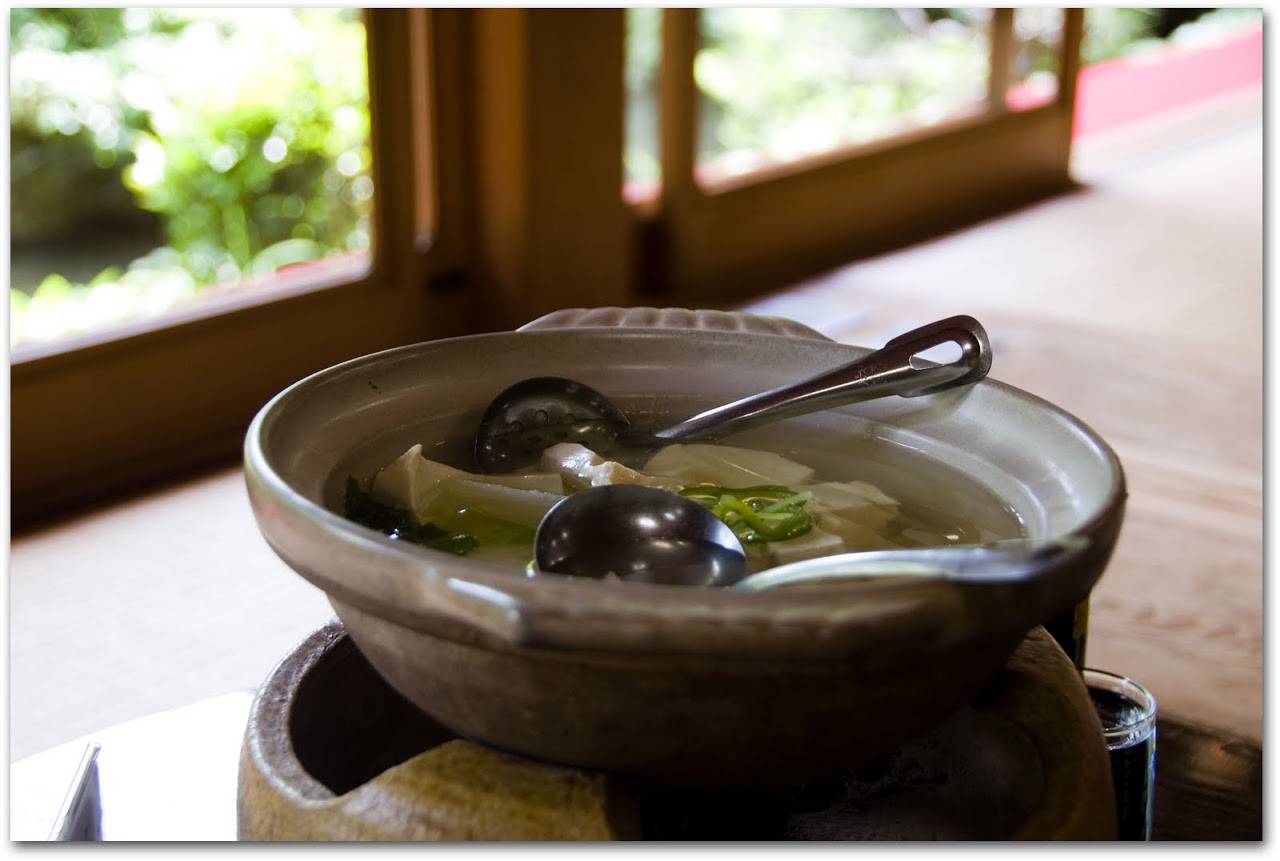
|
Shojin ryori at a Buddhist temple. Many Buddhist temples in Kyoto offer visitors the opportunity to try a meal traditionally prepared for Buddhist monks. These meals, ranging from 1500-1800 Y (about $18-20 USD) are usually served in serene rooms overlooking the streams and fountains of a Zen garden. We tried the shojin ryori meal at Ryoanji Temple in northern Kyoto and, though we were not blown away by the preparation (especially after the other two tofu restaurants), we thoroughly appreciated the calming ambience, a world away from the hectic crowds seeking out Ryoanji's famous Zen rock garden.
Wherever you find tofu in Japan, we hope that you will be as impressed as we have been and join our band of tofu converts.




